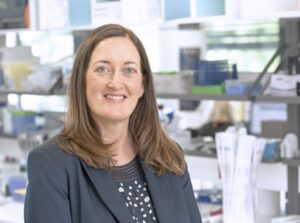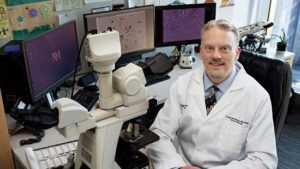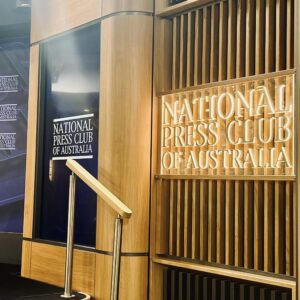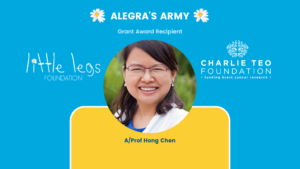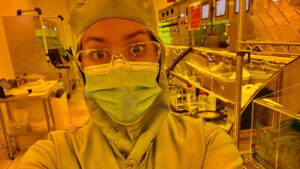12 December 2024
With the support of a AUD$199,445 Better Tools Grant from the Charlie Teo Foundation in 2022, Dr Jessica Buck and her research team in Perth, Australia, have made groundbreaking strides in the fight against childhood brain cancer.
About the Researcher
Dr Jessica Buck is a Senior Research Fellow at The Kids Research Institute Australia in Perth. One of ‘Australia’s Superstars of STEM’, proud Kamilaroi woman and the first Aboriginal woman to graduate with a PhD from Oxford, Charlie Teo Foundation funded Dr Buck locally to develop world-first tools in brain cancer.
We are also immensely proud to have funded and supported Dr Buck through her parental leave as she became a new mum!
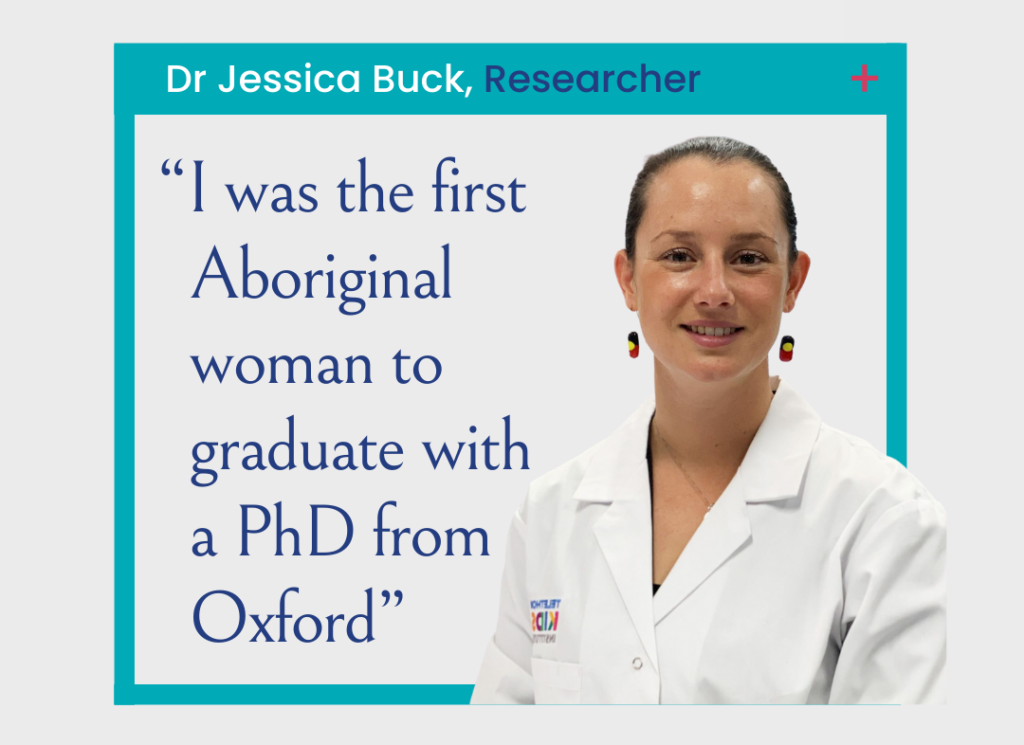
“When I studied the human body at university, there were so many fascinating subjects that I couldn’t choose what I liked best. A friend suggested I combine my interests, which were neuroscience (study of the brain) and oncology (the study of cancer), so I chose to research brain cancer!
I completed my training in neuroscience and oncology at one of the top universities in the world, the University of Oxford. Now I’m back in Australia using my expertise to develop more effective, less toxic treatments for kids with brain cancer.
I was the first Aboriginal woman to graduate with a PhD from the University of Oxford. Ten years ago there had never been an Aboriginal person studying at Oxford or Cambridge. Now there are more than 40 of us, and we have the trailblazers who came before us to thank.
Aboriginal people are doing great things in mathematics, medicine, the arts, and the sciences. We are setting a path for the next generation of young Australians to follow, and I hope we can be successful in teaching and inspiring them to reach their potential, in cancer research or wherever that may lie."
Dr Jessica Buck, The Kids Research Institute Australia
Key Findings and Impact of this Research Grant
Brain cancer remains the leading cause of disease-related death in Australian children, and current treatments like radiotherapy and chemotherapy often fall short. This is in part due to how preclinical testing is performed, where many treatment options for children are only tested on adult preclinical models. This completely ignores differences that exist between adults and children in the developmental stage of their brain, immune system, other organs, and tumour microenvironment.
To address this, Dr Buck’s team developed the world’s first child-specific paediatric mouse models that mimic the way children’s bodies and immune systems develop.

One of the key findings from this research is that medulloblastoma, the most common childhood brain cancer, grows more rapidly in paediatric mice than in adult mice. Additionally, paediatric mice have fewer immune cells in their tumours compared to adults, highlighting the need for treatments tailored specifically for children. These disparities between paediatric and adult mice further highlight the importance of using biologically representative preclinical models in research.
Using these new models, the team identified new immunotherapy options that boost children’s immune systems to fight cancer more effectively. For instance, they found that radiation therapy, while less effective in paediatric models, increases the number of “cancer-eating” immune cells which could be leveraged for the development of paediatric-specific immunotherapies. This discovery is akin to finding a new way to train the body’s own soldiers to better fight off invaders.

The impact of this research extends far beyond the lab. These innovative models have been embedded within the Kids Research Institute Australia’s strategic plan, attracting over $2 million in additional funding. The program now involves five research teams and has trained more than ten students and researchers in performing highly technical procedures.
To further validate their findings, Dr Buck’s team has established active collaborations with two international research teams led by world-renowned experts in paediatric cancer from Cambridge University and McGill University. These collaborations strengthen the research and ensure its relevance to human patient datasets.

Looking ahead, Dr Buck’s team aims to use this research as the foundation for paediatric brain cancer-specific immunotherapy clinical trials. This ambitious goal holds the promise of significantly improving brain cancer survival rates and providing new hope to children and their families.

